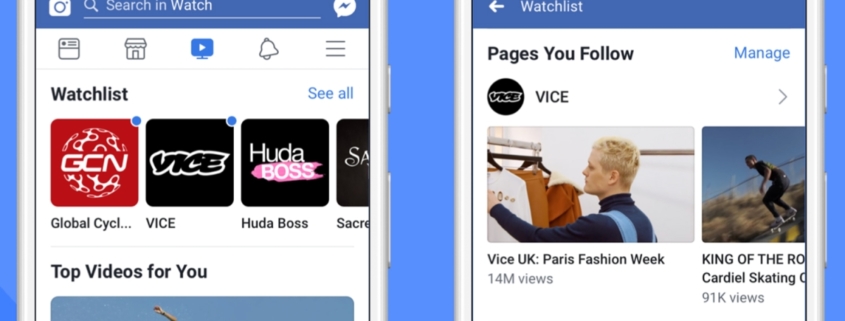Every Facebook and WhatsApp user warned over stolen passwords – check yours now
FACEBOOK has warned all of its users over widespread hack attacks.
The tech giant says “phishing” attacks have been targeting users of Facebook, Instagram and WhatsApp.
Just last month, Facebook sued hackers who preyed on unsuspecting victims.
Parent company Meta said its four main apps were targeted: Facebook, Messenger, Instagram and WhatsApp.
The campaign tricked users into sharing login details on fake pages.
These “phishing” attempts are a common occurrence online, and are regularly used to infiltrate social network accounts.
Facebook says that phishing attacks are now “on the rise”.
One particular scheme last year involved creating more than 39,000 fake websites.
These rogue sites impersonated the login pages of official Facebook pages.
Hackers then collected the information, which can then be sold on or used for fraud, stalking, blackmail and more.
“Phishing is a significant threat to millions of Internet users,” said Facebook litigation director Jessica Romero.
“Phishing attacks lure victims to a website that appears to be operated by a trusted entity, such as a bank, a merchant, or other service.
“The website, however, is a deception, a fake, and the site’s fake content is designed to persuade a victim to enter sensitive information, like a password or email address.
“We are taking this action to uncover the identities of the people behind the attack and stop their harmful conduct.”
According to Facebook, hackers have been hiding the true location of their websites.
This is a bid to conceal identities of the criminals behind the pages.
Facebook says it regularly works with internet services and VPN providers to suspend websites involved in phishing attacks.
“We proactively block and report instances of abuse to the hosting and security community,” Romero explained.
“And Meta blocks and shares phishing URLs so other platforms can also block them.”
You should only enter your Facebook login details if you’ve directly navigated to the website or app.
Be very wary about entering Facebook login information if you’ve just clicked a link – especially if it was unsolicited.
Even emails can…



